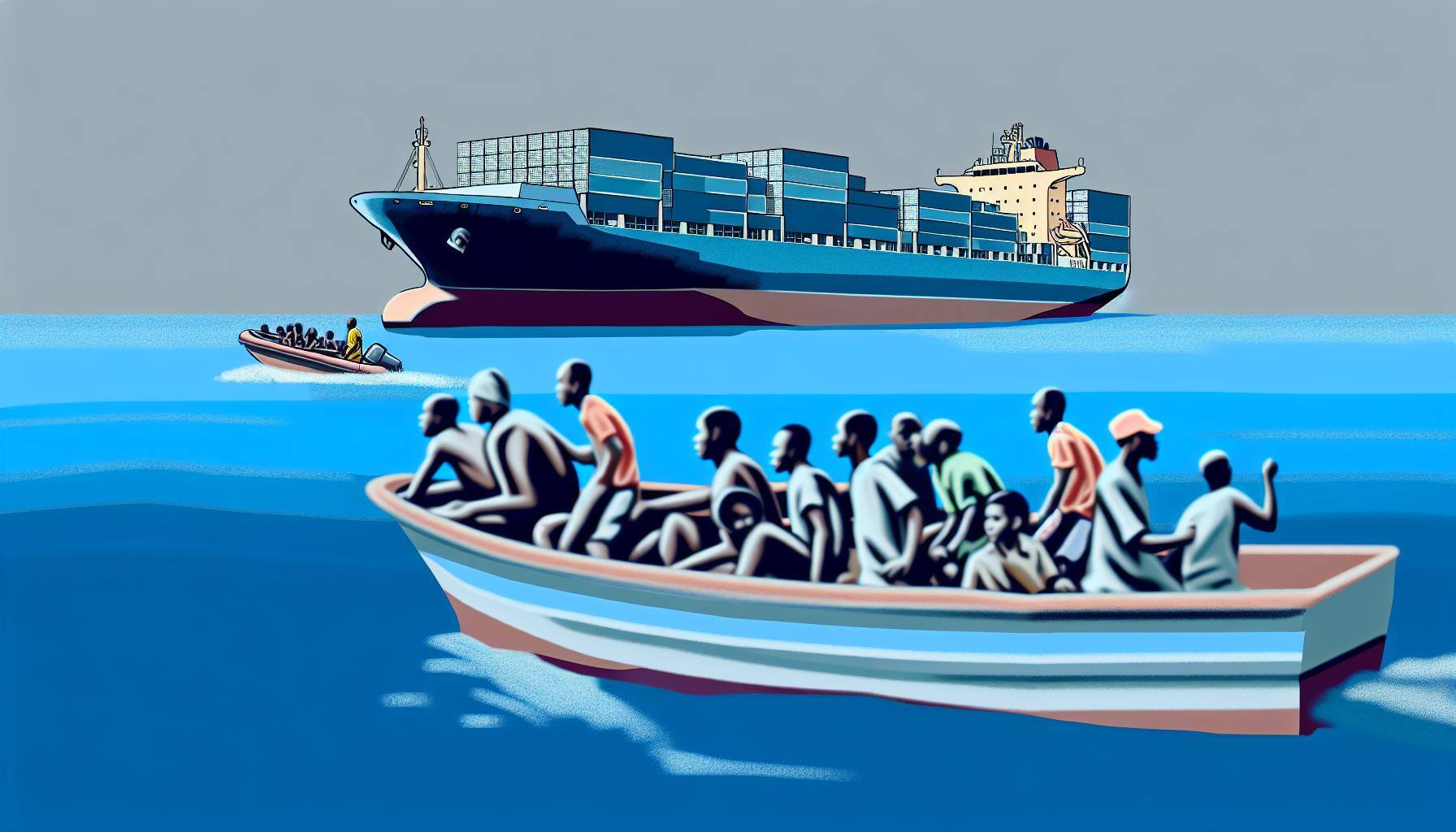On January 1, 2024, Nigerian pirates attacked the Hana 1, a small chemical tanker in Equatorial Guinea's waters, kidnapping nine crew members.
This incident highlights the ongoing threat of piracy in the region, despite a decrease in attacks since their peak in 2019. Over the past decade, almost 1,000 seafarers and local nationals have been kidnapped for ransom by Nigerian pirates. The response by local and foreign militaries has proven insufficient, indicating the need for comprehensive economic and political strategies to address underlying issues such as unemployment, pollution, and corruption.
Historical Context: Oil and Unrest
The discovery of commercial oil in the Niger Delta in 1956 by Shell has led to severe environmental pollution, corruption, and divisive government policies, fostering conflict. Since the 1960s, the region has experienced agitation, protest, civil war, and armed insurgency, culminating in the 2000s with groups demanding political autonomy and a share of oil wealth. The Nigerian government's 2009 amnesty program promised employment and training but failed to address core issues, allowing illegal activities like "oil bunkering" to persist, damaging the environment and promoting organized crime.
Evolution of Maritime Crime
Maritime crime in Nigeria and West Africa has evolved through four phases since the 1980s. Initially opportunistic, these crimes became more terrorist in nature with the rise of militant groups in the 2000s. Post-2009, financial motivations drove piracy, with pirates hijacking oil tankers and siphoning cargo. From 2016, the focus shifted to kidnapping crews for ransom, a crime requiring less skill and investment. The hijacking of MT Maximus in 2016 demonstrated effective regional naval coordination but also underscored the adaptive nature of pirates.
Security Measures and Challenges
Efforts to combat piracy have included projects like Nigeria's $195 million "Deep Blue" project and the EU-supported Yaoundé Architecture Regional Information System, which enhance maritime domain awareness and regional information sharing. Despite these efforts, maintaining larger fleets is challenging due to corruption and unstable economic conditions. Foreign navies face sovereignty issues and accusations of neo-colonialism, as exemplified by the 2021 Danish navy incident where legal complications arose following a pirate skiff engagement.
Impact on Shipping Industry
Shipping companies must now bear responsibility for their security, often contracting state naval assets. Despite increasing attacks on dry cargo ships, the industry has been slow to adapt, leading to inconsistent application of security measures. However, there is a growing recognition of the need for professionalized security within the industry.
Persistent Threats and Economic Influences
Piracy remains a threat due to unaddressed root causes like state collapse risks, exploitation by the government and oil companies, and embedded crime facilitated by illegal oil markets and fishing. Illicit fishing, a major challenge in the Gulf of Guinea, exacerbates law enforcement issues and undermines local economies. China's expanding economic influence through port investments and mining raises Western concerns, though China's military engagement in the region remains limited compared to Western nations.
Engaging Local Communities for Sustainable Solutions
For effective maritime security, engagement with coastal communities as stakeholders is crucial. Environmental cleanup and equitable profit-sharing from oil and gas extraction can build trust. Western governments can support security and justice reforms, avoiding accusations of meddling while empowering regional allies to address their own problems. Recognizing and leveraging the West's strengths in supporting democratic processes and ensuring inclusive economic growth is essential for maintaining influence and fostering stability in West Africa.

Source: War on the Rocks





